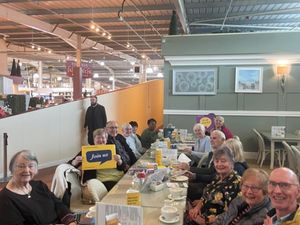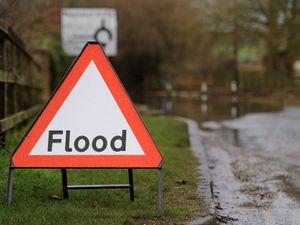Call for stab vests as assault figures rise
Police community support officers in the West Midlands were assaulted 84 times in the past three years, new figures have revealed today.
Police community support officers in the West Midlands were assaulted 84 times in the past three years, new figures have revealed today.
Despite being "non-confrontational" four of the uniformed PCSOs were deliberately struck by moving vehicles over the past 12 months alone while 60 reported physical assaults as they went about their duties. A further five reported suffering actual bodily harm as the result of assaults, re-igniting a campaign to issue officers with stab proof vests.
The figures were obtained by West Bromwich East MP Tom Watson.
Mr Watson is calling on Chris Sims, who takes over as Chief Constable of West Midlands Police from Sir Paul Scott-Lee next month, to consider the possibility such a move.
He said: "I believe these figures reveal the need for the new Chief Constable, Chris Sims, to look at this policy.
"While the current Chief Constable, Sir Paul Scott-Lee, can retire with dignity and pride when he steps down later this month, I really do believe he got it wrong on this issue from the start.
"Although our local PCSOs are not meant to be deployed to confrontational situations, I believe we can never guarantee what they are going to walk into."
The figures show that almost one in nine of the 751 PCSOs in the West Midlands has complained of being assaulted at some point since 2006.
Currently West Midlands Police and Staffordshire Police are the only two forces out of 43 in England and Wales not to give the protective equipment to PCSOs.
The figures showed that since 2006 three officers were attacked with animals and two were struck with moving objects.
West Midlands Police spokesman Steve Garey said: "There is a distinct difference between the roles of PCSOs and police officers. As part of neighbourhood policing, PCSOs are attached to neighbourhood teams and their role is to primarily provide reassurance, help prevent offences and reduce the fear of crime."





